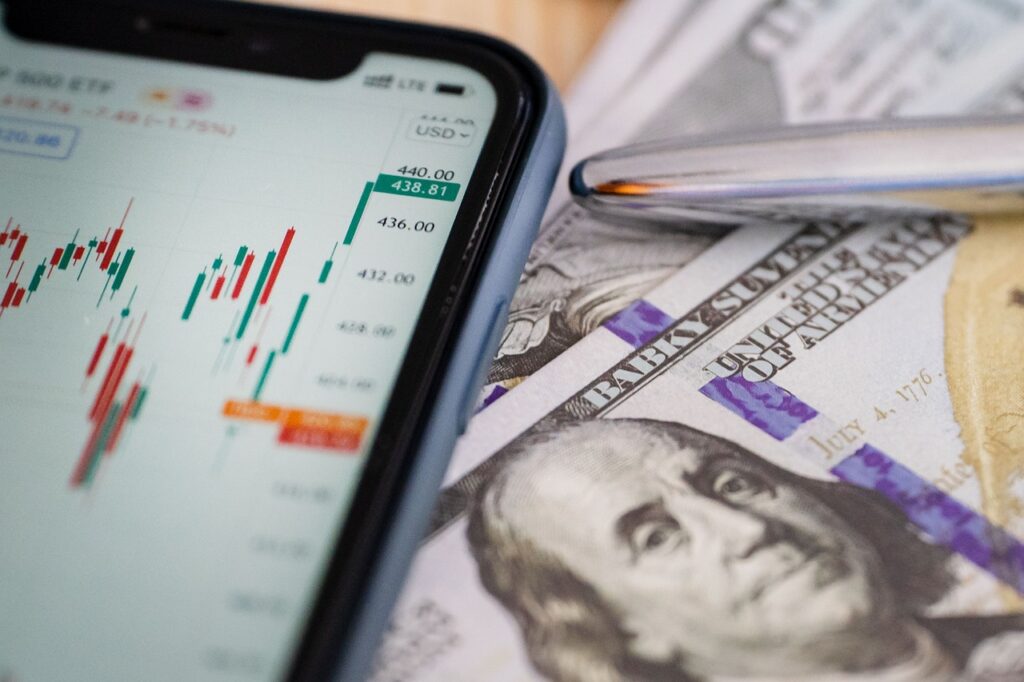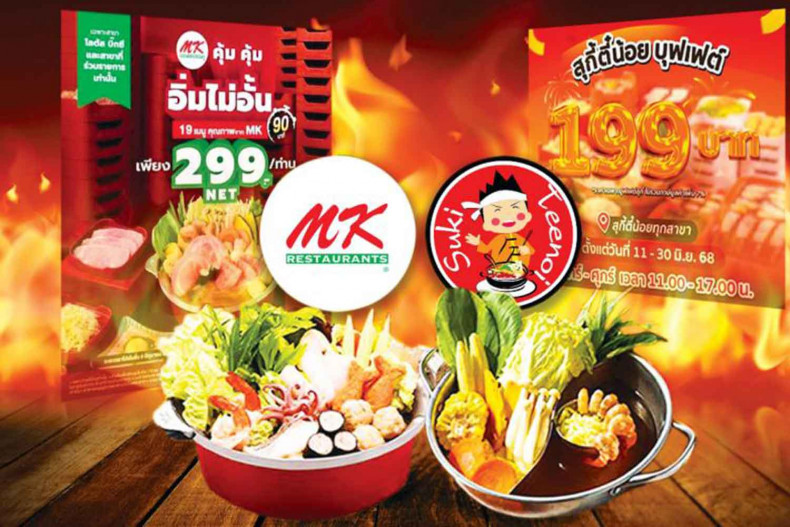
Under President Donald Trump, the U.S. administration presented a comprehensive tax policy revision in early 2025 to boost U.S. competitiveness. These adjustments include corporate tax advantages for multinational corporations, repatriation of American money, and increased tariffs on Asian imports. Although these policies are changing worldwide investment patterns, Thailand is reacting proactively by strengthening its position as a resilient partner and strategic economic centre in Southeast Asia.
Trump’s Tax Policy’s Impact on Bangkok’s Investment Scene
The ripple effects of the new U.S. tax policy are already evident throughout Southeast Asia, including Bangkok. Main effects are:
Trends in FDI and Capital Redirection: As American companies reconsider worldwide plans, the U.S. repatriation program could cause a short-term decline in foreign direct investment (FDI) into Bangkok.
Realignment of the Supply Chain: Tariffs on ASEAN-made goods might interfere with regional manufacturing paths. But, if placed wisely, Bangkok might gain from nearshoring tendencies. Thus, manufacturers must improve the quality of their products to increase competitive advantages over rivals.
As the U.S. dollar rises, the Thai baht may become unstable, affecting sectors dependent on imports like manufacturing, retail, and tourism.
To cope with the immediate impact of the U.S. tariffs on trade retaliation—which have been postponed at a rate of 36% for 90 days until July 9, 2025—the Thai government is drafting a comprehensive framework of economic stimulus measures. Thailand is rushing to implement strategies to support its export sector and keep economic momentum, instead of waiting for the entire 90-day period.
Long-Time Allies in a Changing World Economy: The United States and Thailand
In a gesture emphasising this relationship, Ms. Nalinee supervised the beginning of the Thailand Board of Investment’s (BOI) event, “U.S.-Thailand Collaboration: Networking for Future Business Opportunities.” Around 50 people from leading Thai companies attended the event, which was a high-level discussion to encourage stronger cooperation between the Thai and American corporate sectors.
Bangkok’s Lasting Allure for Foreign Investors
Notwithstanding policy-driven challenges, Bangkok is still one of the most vibrant cities in Southeast Asia because of its fundamental benefits:
Over ten million consumers comprise a strong domestic market — a fast-expanding digital economy comprising e-commerce, financial technology, and logistics. BOI’s competitive investment incentives for foreign-owned enterprises in priority sectors. These basics guarantee that Thailand—especially Bangkok—keeps providing long-term investment possibilities.
Strategic Moves for U.S. and Global Investors in the Thai Market
Investors are advised to negotiate the changing U.S.-Asia trade landscape by strengthening local alliances and growing in-country operations to lower cross-border risk exposure. Under the changed rules, stay lean and use BOI incentives, double taxation treaties, and regional treaties in cooperation with legal and tax consultants.
Despite the additional challenges, President Trump’s tax policy provides opportunities for innovation, adaptability, and enhanced bilateral collaboration. The evolving situation is not a barrier; it invites expansion and repositioning. Thailand’s proactive approach and the enduring strength of its ties with the United States help create a foundation of opportunity for both domestic and foreign enterprises. However, from now on, it is the Thai government’s responsibility to implement the national cooperation and negotiation with the U.S. agencies. Bangkok’s administrative mechanism has to take care of investors and expats in terms of their daily living and doing business conveniently, compared to other cities.



